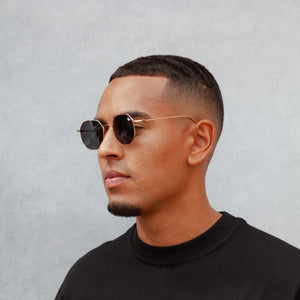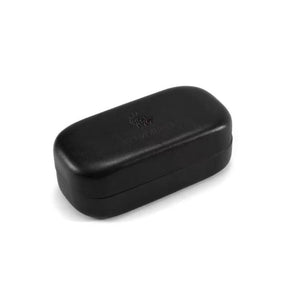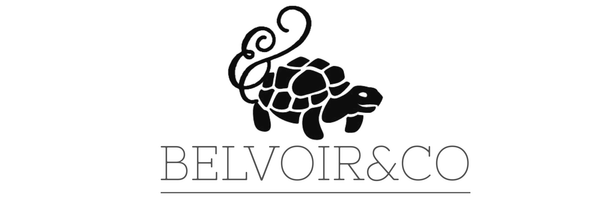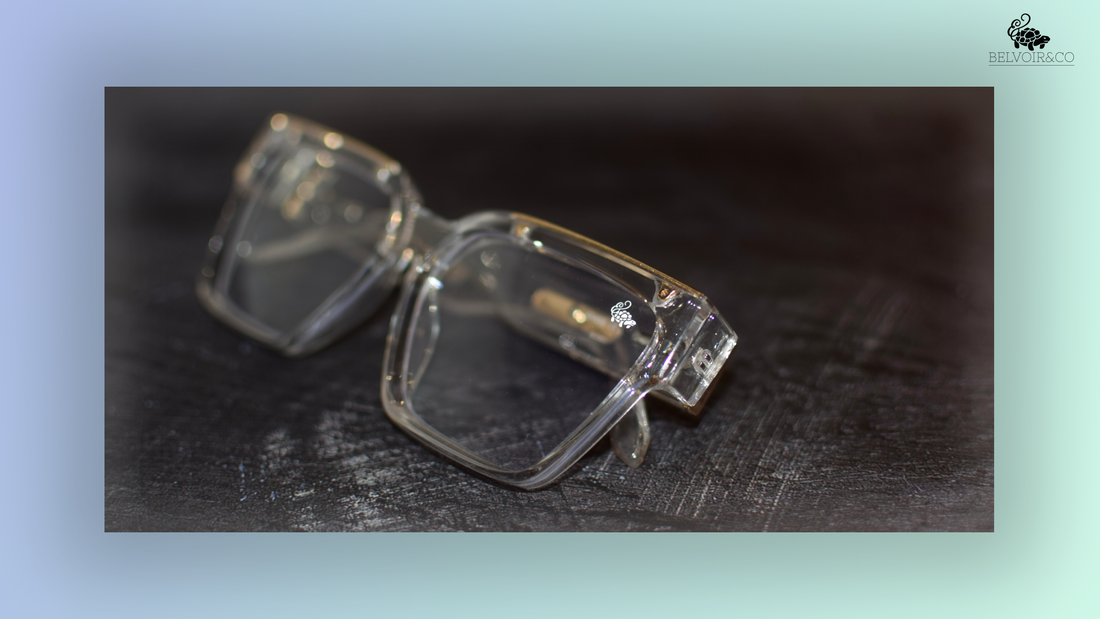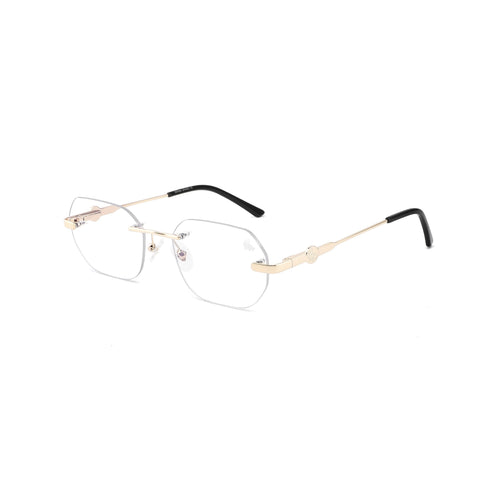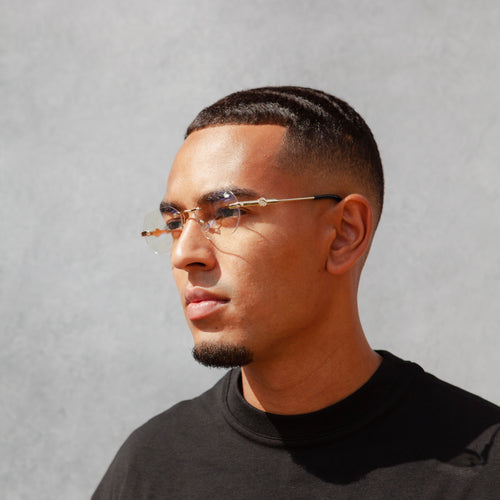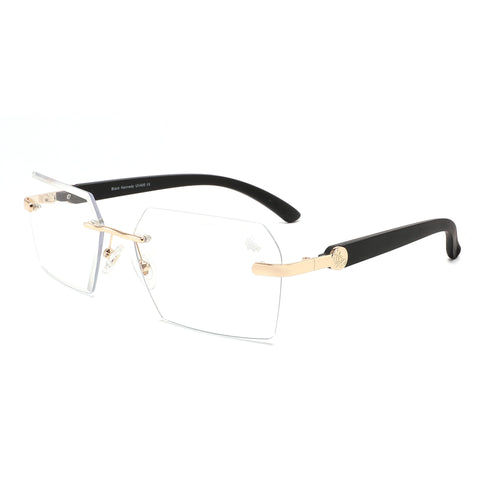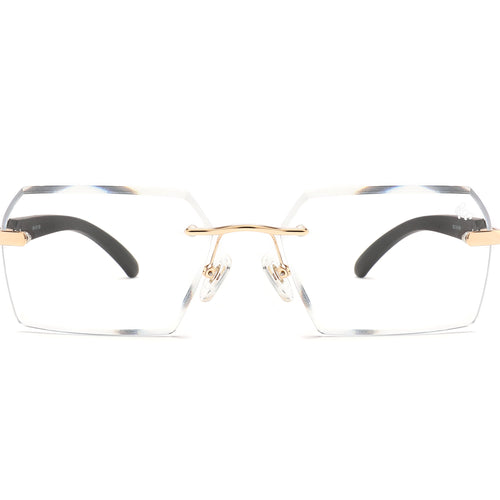As our lives become more intertwined with digital devices, the concern about blue light exposure and its effects on our health has sparked a lot of interest. Blue light, while a natural part of sunlight, is also emitted in high concentrations from screens like smartphones, tablets, laptops, and even LED lighting. This exposure, especially in the hours leading up to bedtime, can disrupt our natural sleep cycles. Enter anti-blue light glasses, designed to mitigate these effects by filtering out blue light and potentially protecting our eyes from strain and damage.
Why Anti-Blue Light Glasses?
The reason behind the growing popularity of anti-blue light glasses is multifaceted. For one, they address a very modern problem: digital eye strain. Symptoms such as dry eyes, headaches, and blurry vision can all be exacerbated by prolonged screen use. Anti-blue light glasses aim to reduce these symptoms by minimizing the amount of blue light that reaches your eyes, making screen time more comfortable.
Furthermore, there's the issue of sleep. Our bodies rely on natural cues to regulate sleep, including the reduction of blue light from the sun as it sets. Screens can disrupt this process, tricking our bodies into thinking it's still daytime, which inhibits the production of melatonin, the hormone responsible for sleep. By wearing anti-blue light glasses in the evening, you might find it easier to fall asleep and enjoy a more restful night.
Shopping Tips for Anti-Blue Light Glasses
When you're in the market for a pair of anti-blue light glasses, keep these tips in mind to ensure you get a pair that suits your needs:
- Check the Specs: Look for glasses that specify the amount of blue light they block. Ideally, they should block a significant percentage of blue light in around 400 nm wavelength range just like the ones we sell on Belvoir&Co. This information is crucial for understanding how effective they will be at protecting your eyes.
- Comfort is Key: Since you might be wearing these glasses for extended periods, ensure they fit well. They shouldn't pinch your nose or press too tightly against your temples.
- Consider Your Environment: If you often use your glasses in a setting with both screen time and natural light, look for a pair that also offers UV protection. This dual functionality can protect your eyes both indoors and out. At Belvoir&Co we ensure all our Blue Light Blocking glasses come with UV protection lenses.
- Quality Over Price: While it's tempting to go for the cheapest option, investing in a quality pair of anti-blue light glasses can make a significant difference. Higher quality glasses often provide better blue light filtration, more durable frames, and clearer lenses, enhancing both your comfort and the glasses' effectiveness.
A Balanced Approach
It's important to remember that while anti-blue light glasses can be a very helpful tool in mitigating the effects of screen time, they're not a cure-all. Adopting healthy screen habits is equally, if not more, important. Make sure to take regular breaks using the 20-20-20 rule (every 20 minutes, look at something 20 feet away for at least 20 seconds), reduce screen time before bed, and adjust the brightness and color settings on your devices to reduce blue light exposure.
Conclusion
In conclusion, anti-blue light glasses can be a valuable part of managing your digital wellbeing, especially if you find yourself experiencing symptoms of digital eye strain or sleep disturbances. By choosing the right pair and combining their use with good screen habits, you can protect your eyes and improve your overall health in our digital age.


